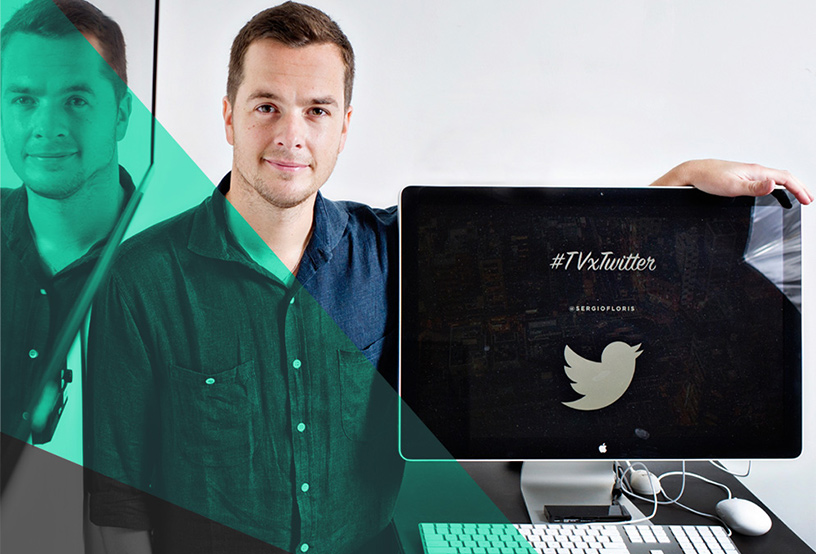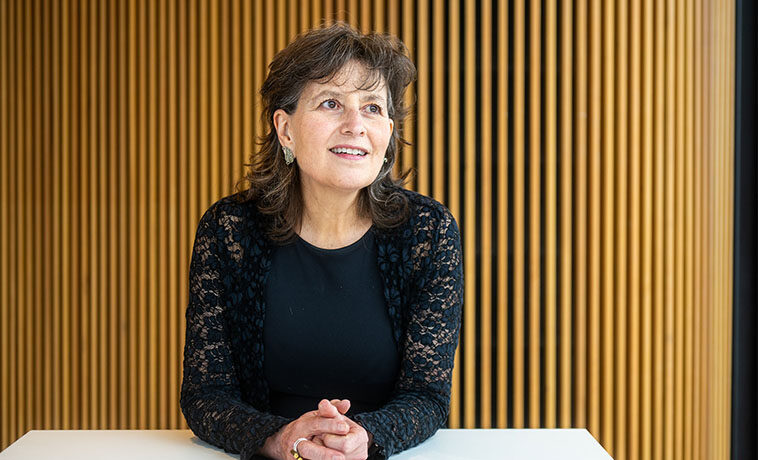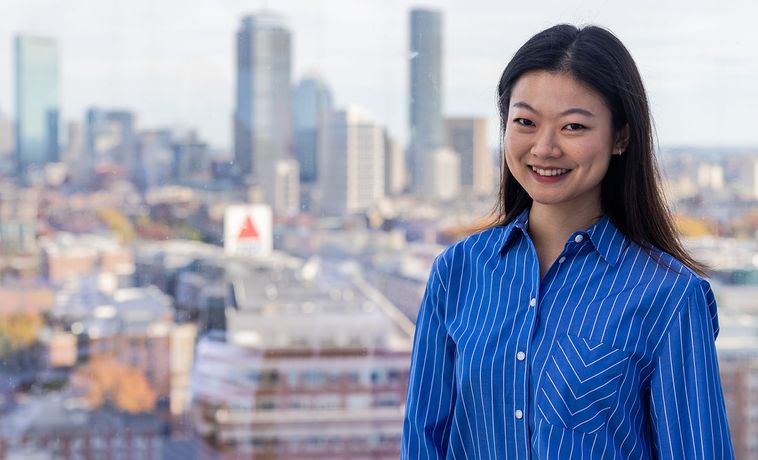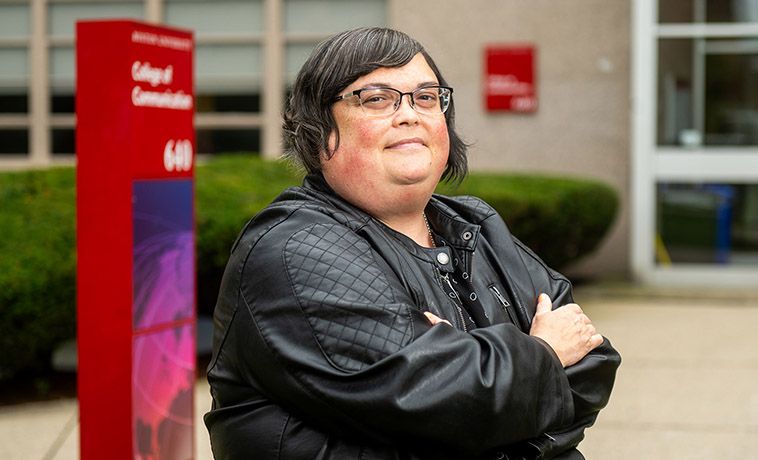Twitter’s Sergio Floris gives career advice
Jump Start Your Job Search

It's the job of Sergio Floris (COM’12, Questrom’12), who leads all of Twitter’s TV partnership efforts in Brazil, to develop international TV partnerships and ways Twitter can help build global communities around TV content. For instance, during last year’s World Cup, Floris developed a game prediction campaign that had a sports network running hashtags along the bottom of the screen during the games, inviting viewers to tweet their game predictions. The anchors discussed the tweets on TV, drawing users into the show and making Twitter a “second screen” for audience engagement.
Before joining Twitter, Floris was an associate at the consulting firm Booz & Company (now Strategy&, part of PwC), after working for several seasons as a field manager for the NBC reality show The Apprentice. Floris earned a master’s degree from the College of Communication Media Ventures program and an MBA from the Questrom School of Business in 2012.
BU Today: How did you come to work at Twitter?
Floris: Getting a dual degree, MBA and MS in Media Ventures, was huge. The fact that I had immersed myself in the digital arena was an important factor, as this is still a very young industry. After graduating, I went on to work at one of the largest strategy consulting companies (Booz & Company, now called strategy& after its sale to PricewaterhouseCoopers) and focused on media-entertainment vertical integration. This qualified me to join Twitter as someone who would lead the vertical TV partnerships in the newly formed Media Partnerships team in Brazil. I have loved Twitter since I first signed up in 2009. I saw this as a dream job opportunity, which it indeed is. I love it.
What qualities do you look for in the people you hire?
At Twitter, cultural fit is one of the most important factors we take into account when hiring people. The company has an amazing open culture and we really protect this everyday harmony when interviewing and prospecting new hires. Apart from “fitting in,” we obviously consider if candidates know the platform and the digital sphere, if they are already connected in the industry, and if they have had relevant professional experiences. We also consider their educational background and whether they can challenge the company to evolve on a daily basis.
What must job candidates do if they want to be considered?
Digital understanding is a must. Also, showing passion during the interview, believe it or not, is hugely important, especially considering the cultural fit I mentioned before. Finally, candidates must always ask questions, questions, questions. We love curious and interested people.
What kinds of questions do you ask during an interview?
If you started on Monday, how would you prioritize your work in the first 30, 60, or 90 days? What would you do and why?
Why Twitter and why now, at this point in your career? Tell me why we must hire you.
What are your top three most favorite accounts that you follow on Twitter? And why? What makes them so good in terms of content?
Do your foresee any risks or opportunities in the near future for the company? If so, what/which?What do you look for in a company from a cultural point of view?
What is important to you on an everyday basis?
Did I forget to ask you anything?
What are some common mistakes that young job candidates make?
Not doing their homework is probably the most prevalent one. I mean, if one wants to work at a company like Twitter, they need to know what the platform is and isn’t, the new features that were released, products, and the overall direction that the company is going in. Also, not showing that they really want the job is a deal breaker. Candidates that don’t ask questions oftentimes may come across as not motivated or interested enough.
What advice would you give for the first day on the job? For the first six months?
Plan for the short and long term. Having the discipline to structure the work and really understand the basics and fundamentals is key. Ask lots of questions, schedule regular meetings with the team, and really understand what has been done up to that point and what needs to happen quickly. Don’t worry about understanding everything from day one—that’s impossible. Get the gist of the whole and the rest will follow.
What would you advise someone interested in the digital media and entertainment industry?
Be curious. Understand digital and the competitive landscape. Stay up-to-date with trends and really be comfortable consuming lots of information regularly and at a fast pace. This has been by far the most hectic environment and industry that I have been involved with, and you can only thrive if you can keep up with the rhythm and really enjoy the ride while at it.
Who has had the greatest influence on your career, and why?
I think it’s always a combination of a family member, someone you have already worked with, and your own personality and values. I don’t believe in any other combination. My dad has been my biggest mentor from the beginning. I have also relied on my experiences with previous team members and bosses to shape my next steps and attitudes.
This interview was originally published in BU Today.


